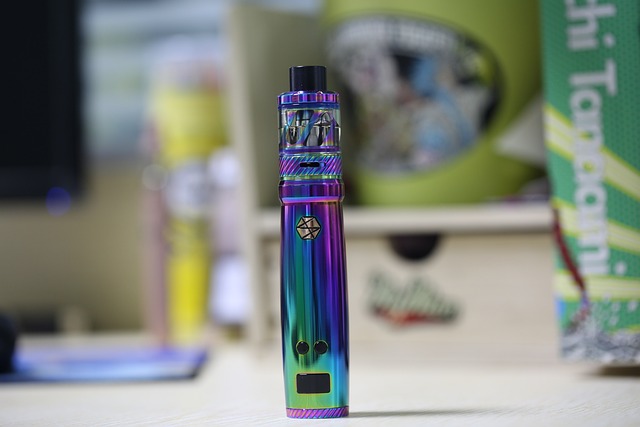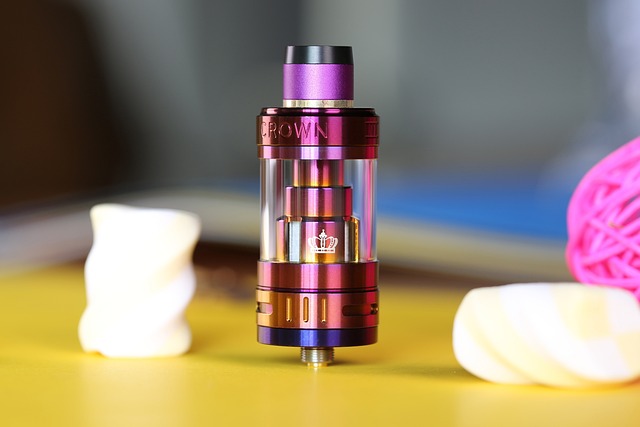Title: Loat THC: Understanding Its Impact on Wellness and Beyond
In recent years, the conversation around cannabis has evolved significantly. Central to this discourse is THC, or tetrahydrocannabinol, the psychoactive compound that gives marijuana its intoxicating effects. However, a term that’s been gaining traction in wellness circles is loat THC. But what does it really mean, and how does it impact our understanding of wellness, health, and personal well-being? This article aims to demystify the concept of loat THC and explore its implications in various aspects of life.
What is Loat THC?
Loat THC refers to a lower concentration of THC in cannabis products. Unlike traditional strains known for their high THC content, loat THC products can provide anxiety relief, pain management, and improve overall wellness without overwhelmingly psychoactive effects. This concept is crucial for those seeking therapeutic benefits without the intense high that typically accompanies high-THC strains.
The Shift Towards Low-THC Products
Many enthusiasts are now leaning towards loat THC options for several reasons:

1. Balanced Experience: Low-THC products offer users a more balanced experience, allowing them to enjoy the benefits of cannabis without the unwanted side effects like paranoia or excessive sedation commonly linked to high-THC strains.
2. Increased Accessibility: With the rise of legal cannabis markets globally, loat THC products are becoming more accessible. This opens doors for both new users and those who have been hesitant to try marijuana due to fear of the psychoactive effects associated with high levels of THC.
3. Therapeutic Benefits: Many studies indicate that low-THC, high-CBD (cannabidiol) products can be effective for a range of ailments, including chronic pain and anxiety. Patients are increasingly recognizing the healing properties of cannabis without the intoxicating effects.

Case Study: The Medical Cannabis Community
For instance, consider a patient suffering from chronic anxiety. Traditional medications often come with significant side effects, leading many to seek alternatives. A study published in a renowned medical journal revealed that participants who utilized low-THC cannabis experienced marked reductions in anxiety levels without the disruptive high traditional THC strains provide. This offers a compelling argument for considering loat THC, especially in a medical setting.
Exploring the Market
The market for loat THC products is unique and diverse. Trends have shown an increase in consumables like edibles, tinctures, and topicals that cater to a more health-conscious audience. Brands have begun to develop specialized products that combine various cannabinoids with low THC levels, thus allowing individuals to tailor their cannabis experience to their specific needs.
1. Edibles: Products such as low-THC gummies or chocolates appeal to those who want a tasty, non-intoxicating experience. These products often focus on providing relaxation and relief without the high.

2. Topicals: Creams and balms infused with cannabis extracts that contain loat THC are popular among users looking for localized pain relief while avoiding systemic effects.
Conclusion
Incorporating loat THC into the larger discussion of cannabis opens up new avenues for understanding its benefits. By focusing on lower concentrations of THC, individuals can enjoy the plant’s therapeutic advantages without the risk of overwhelming psychoactive effects. The burgeoning interest in loat THC products highlights a critical shift in how we approach cannabis, making it a more palatable option for a wider audience. As research continues and product offerings expand, understanding loat THC will undoubtedly become an essential aspect of wellness practices in the future.





